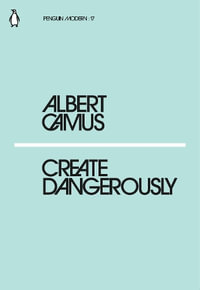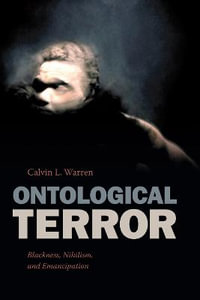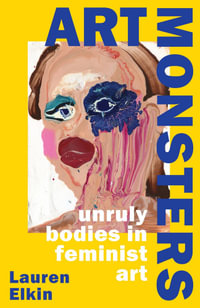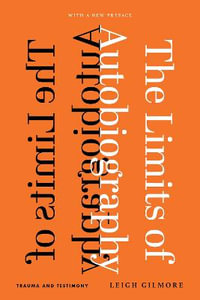How does literature work? And what does it mean? How does it relate to the world: to politics, to history, to the environment? How do we analyse and interpret a literary text, paying attention to its specific poetic and fictitious qualities? This wide-ranging introduction helps students to explore these and many other essential questions in the study of literature, criticism and theory. In a series of introductory chapters, leading international scholars present the fundamental topics of literary studies through conceptual definitions as well as interpretative readings of works familiar from a range of world literary traditions.
In an easy-to-navigate format, Literature: An Introduction to Theory and Analysis covers such topics as:
·Key definitions - from plot, character and style to genre, trope and author
·Literature's relationship to the surrounding world - ethics, politics, gender and nature
·Modes of literature and criticism - from books to performance, from creative to critical writing
With annotated reading guides throughout and a glossary of major critical schools to help students when studying, revising and writing essays, this is an essential introduction and reference guide to the study of literature at all levels.
The companion website to the book litdh.au.dk focuses on digital humanities and literary studies. For each topic in the book you will find an introduction to computational aspects of the topic, approaches for both newcomers and advanced users, and references to tools, scripts and articles. The website also has a comprehensive and well-structured reference page.
Industry Reviews
[Employs] engaging writing and [a] clear layout of the topic ... A great resource for first timers in literary theory. The second and third sections of the volume are of greatest interest and can prove useful to those who wish to grasp how literary studies have embraced a wider scope both in theory and practice. * Style *
[An] interesting, helpful volume that, to use the words of J. Hillis Miller, 'will be useful' for advanced literature courses, even postgraduate ones, or as a great resource for teachers of literature, or as a valuable resource for ordinary readers who may want to know something about what is meant by the ''narrator'' of a novel, or by ''ethnicity'' in literature. * The Year's Work in English Studies *
The range of topics covered in this volume is both capacious and creative. Individual entries are very deft in their interweaving of analysis with example and score high marks for clarity. An excellent resource for students as well as for anyone keen to brush up their knowledge of what's happening in literary studies. * Rita Felski, William R. Kenan, Jr., Professor of English, University of Virginia *

























